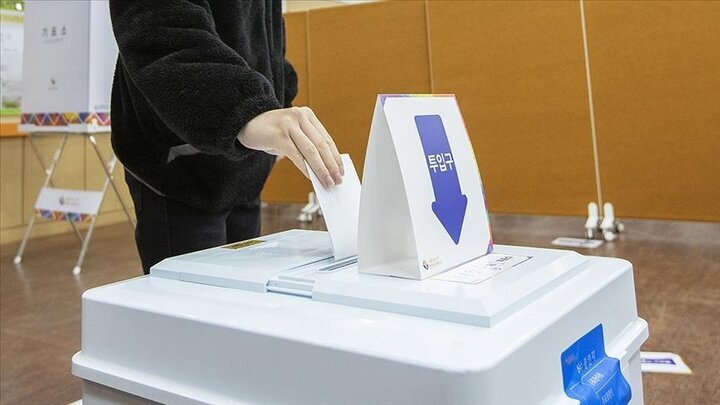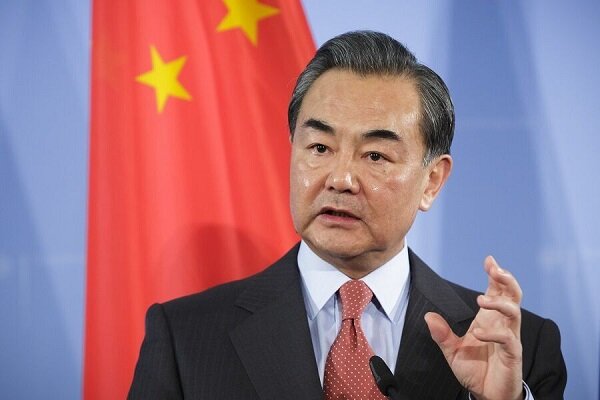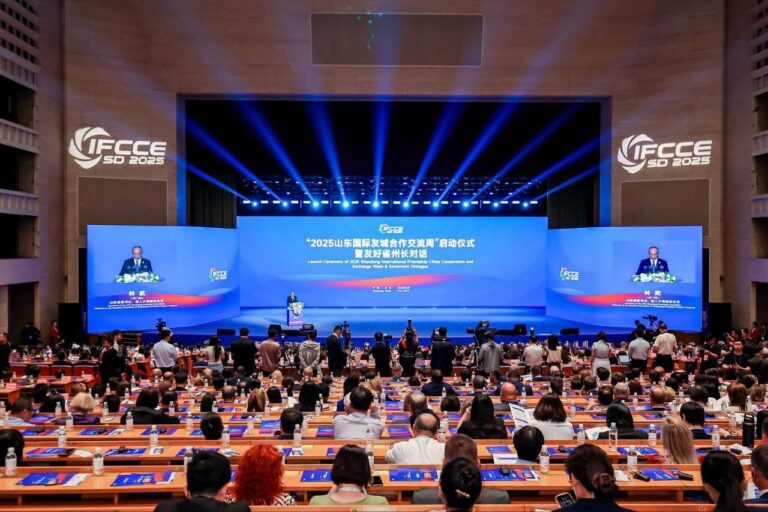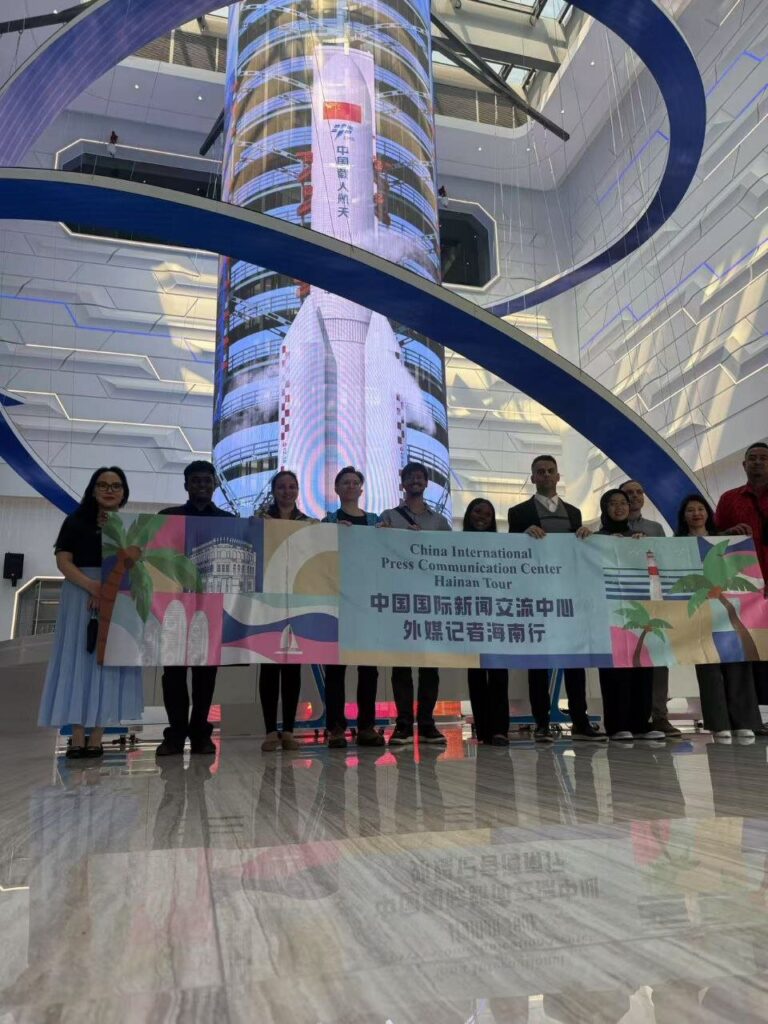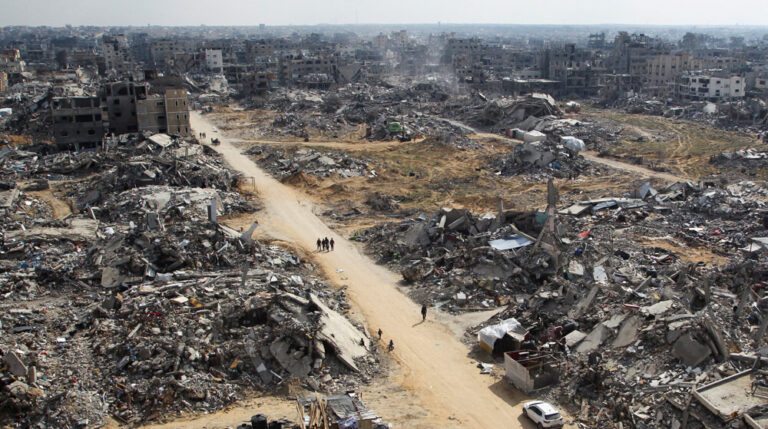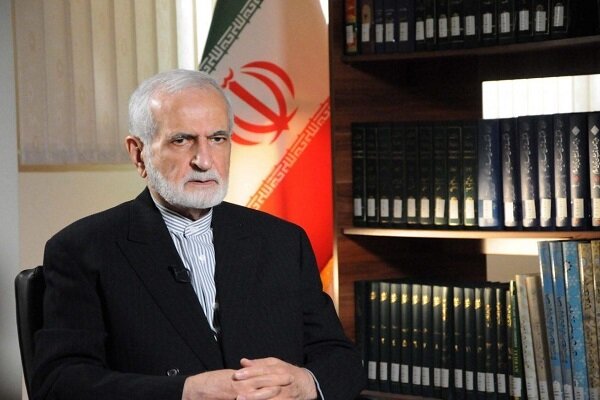South Korea Announces Quick Presidential Election Date: Mark Your Calendars for June 3!
The political landscape in South Korea is set for a significant shift following the recent removal of President Yoon Suk Yeol. The announcement of a new presidential election comes in the wake of Yoon’s controversial decision to impose martial law, which ultimately led to his ouster. This article explores the implications of this political upheaval and what it means for the upcoming election.
Just four days after the Constitutional Court’s decision to oust Yoon, South Korea is legally required to hold a presidential election within 60 days. The next elected leader will serve a full five-year term, making this election particularly crucial for the future of the nation’s governance, as reported by ABC News.
As the political climate intensifies, the election is expected to be characterized by deep political polarization. This division is likely to create a two-way contest primarily between the major political parties:
- People Power Party (PPP): The conservative party, which Yoon represents.
- Democratic Party (DP): The leading liberal party, anticipated to field a strong candidate.
For the People Power Party, retaining power will be a challenging endeavor. The party is currently grappling with the fallout from Yoon’s martial law decision, which has severely impacted public confidence and exacerbated internal divisions. The road ahead for the PPP involves:
- Restoring public trust: The party needs to address the concerns of the electorate and mend the rift caused by recent events.
- Uniting factions: Internal divisions must be healed to present a unified front in the upcoming election.
- Identifying a strong candidate: The party must field a candidate capable of challenging the front-runner from the Democratic Party.
The spotlight is squarely on whether the conservatives can regroup effectively and nominate a formidable contender. As of now, the likely candidate from the Democratic Party appears to be Lee Jae-myung, who is currently seen as the clear front-runner. Observers are closely watching how both parties strategize in the lead-up to the election.
In summary, the political scene in South Korea is undergoing a transformative moment. The upcoming presidential election, prompted by the ousting of President Yoon, presents both a challenge and an opportunity for the major political parties. As the People Power Party seeks to recover from a tumultuous period, the Democratic Party is poised to capitalize on the current political climate.
As the election date approaches, the focus will remain on how each party articulates its vision and connects with voters. The implications of this election could reshape the political dynamics in South Korea for years to come.
In conclusion, the South Korean political landscape is at a critical juncture. With the need for a new president arising from Yoon Suk Yeol’s removal, the country is set for a decisive electoral battle. The outcome of this election will not only determine the next leader but also significantly influence the direction of South Korean politics.
